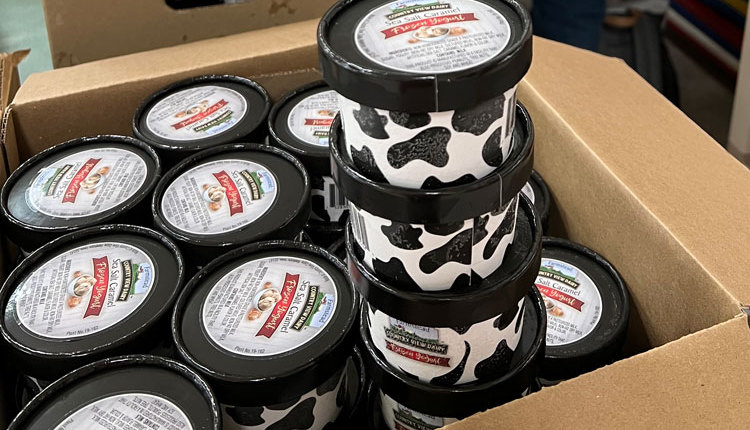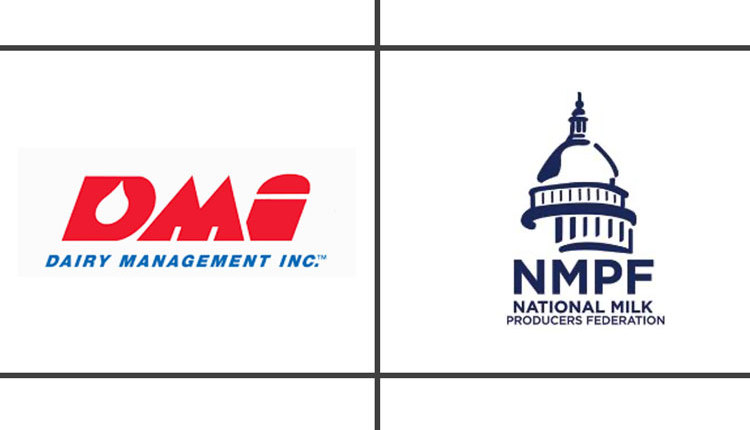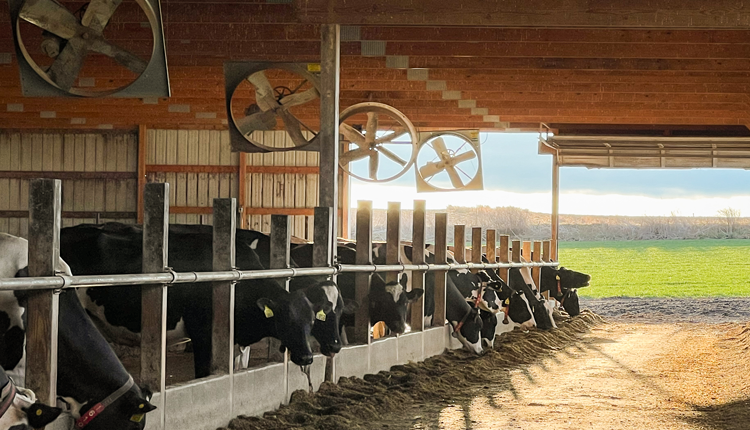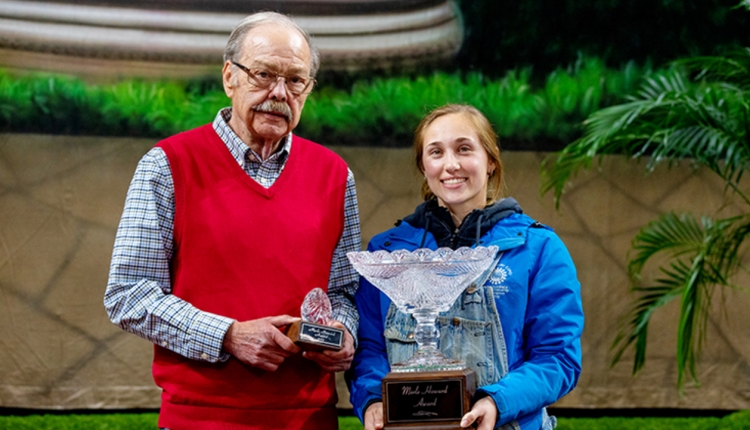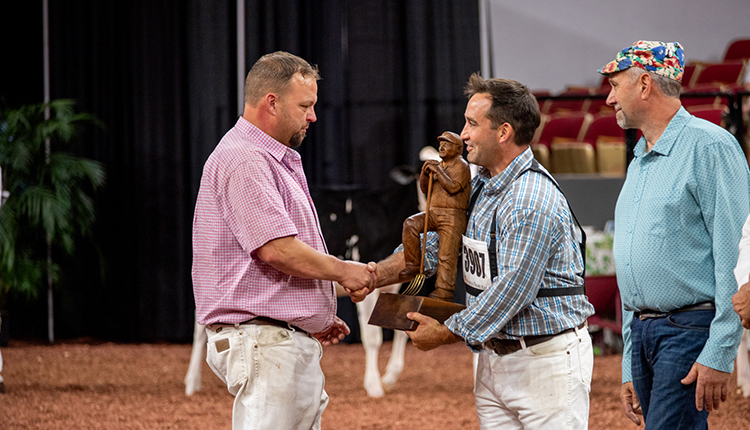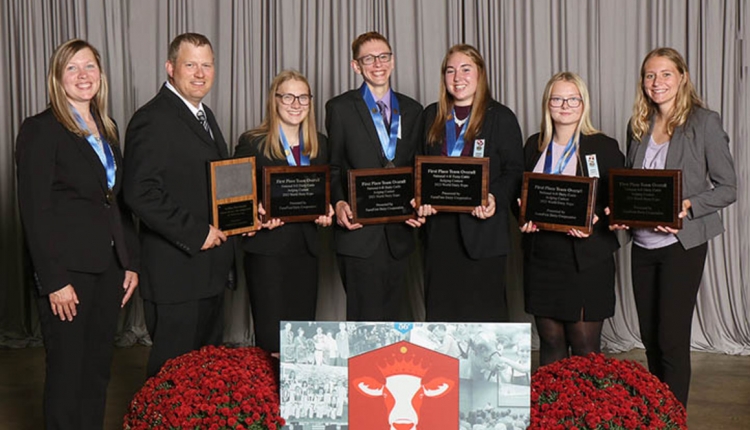While driving home yesterday, I heard the end of a radio show with some interesting content. It prompted me to look into the topic a bit more.
We see leaders as very confident spokespersons. But, the radio show reminded me "not to confuse confidence with competence." In the perfect world, the two should be in direct correlation. However, that is not always the case. Have you ever tried having an intelligent conversation with someone who was naive about the topic but tried to convince you (and themselves) that they were correct in their argument? The thought of agriculture debates sprung to mind. I thought of the most vocal against agriculture sharing their views on how husbandry behaviors should be administered, documented, and regulated on our farms and our businesses. They speak with confidence with their studies and reports and they believe what they are saying but often are not knowledgeable on the topic.
Confidence is the belief we have in ourselves, and competence is demonstrated through our skills. Both are necessary for success in life and business. I found it interesting that studies show it is easier to teach someone skills, if they were confident, rather than developing confidence from knowing the skill. This is a scary thought. . . teach confident people to convince others when they had limited knowledge of the subject matter and expect them to convert others.
In a study completed by college professors Chabris and Simons, they write, "It is our tendency to overvalue assurance and confuse confidence with competence. Not only do we seek confident leaders, doctors, executives, advisors, and workers, but we believe their confidence reflects their ability and knowledge."
I had to chuckle at another of their comments, "Most of us tend to overestimate our intelligence, attractiveness, sense of humor, and even our driving skills. In all these areas, data suggests that most of us believe that we are above average." The radio program then mentioned a reference to contestants on the reality talent show, "American Idol" and how some contestants with little talent can be so confident that they are certain to be a singing mega-superstar.
However, on the opposite side, those who are most knowledgeable may lack some of the needed confidence to convey their message to others, even with their expertise. Our messages about positive agriculture are not being heard as often. All of us need to learn to be more confident in our knowledge (because who knows our business better than us?) and share our message because the louder the roar from the other side, the more that messenger is believed to be credible.


